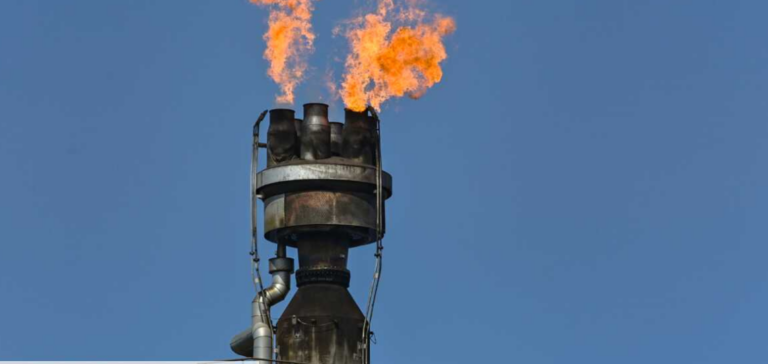Last year marked a turning point for Ukraine, with the significant deterioration of its power grid following intensive bombing. This situation has led to an urgent need to import electricity to make up for growing deficits. Against this delicate backdrop, the nation is concerned about possible further attacks during the winter, which could leave millions of Ukrainians without heat or light.
Ukraine’s Energy Crisis: Background and Issues
The national operator Ukrenergo has reported an increase in power consumption due to the drop in temperatures, putting a strain on an already weakened network. Although Moscow has not yet launched any major new offensives, the situation remains worrying. Ukrenergo, via Telegram, reported its struggle to maintain balance, with electricity imports from Romania, Slovakia and Poland.
International Support and Air Defense
Ukraine’s thermal power plants are undergoing intensive repairs to combat the energy deficit. However, the increase in consumption due to low temperatures is putting additional pressure on these installations. In addition, President Volodymyr Zelensky recently expressed his fears about Russian intentions to destroy the Ukrainian power grid this winter, underlining the crucial importance of reinforced air defense.
In response to this threat, Ukraine has launched an international coalition to develop its air defense system, with France and Germany as the main contributors. Zelensky highlighted ongoing efforts to strengthen the country’s air shield, although some details remain confidential.
Impact and future prospects
This energy crisis raises questions about the resilience and security of national infrastructures in times of conflict. It highlights the interdependence of nations in the face of security and energy challenges. International involvement suggests a surge of solidarity in the face of global emergencies, while Ukraine struggles to safeguard its integrity and the well-being of its people.
International support is proving vital for Ukraine, offering essential assistance in these times of crisis. This demonstrates the growing solidarity between nations in the face of global challenges. Developments in Ukraine could have far-reaching implications for international energy and defense policies.
Ukraine, at the heart of an energy crisis exacerbated by security threats, illustrates the importance of international cooperation. Reconstruction and defense efforts call for reflection on the vulnerability of infrastructures in times of conflict and the need for global solidarity in the face of crises.





















